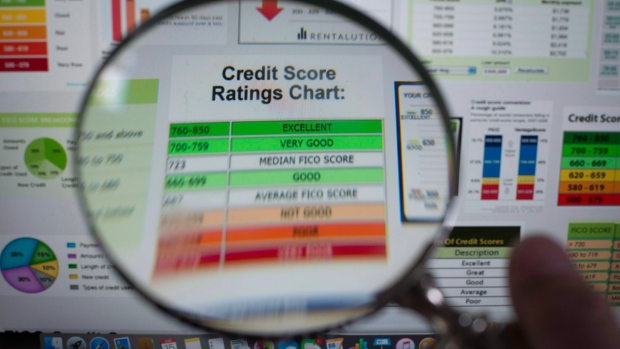Jun 8, 2017
Pattie Lovett-Reid: Why we need to change the way credit scores are measured

iFinance Canada is challenging the way credit rating agencies report credit levels, and questioning how 71 per cent of Canadians maintain a very good or excellent credit rating even as household debt levels reach an all-time high in the country.
Using the credit score rating system alone may not tell the whole story of a person’s true ability to repay their debt.
Ann Kaplan, CEO and president of iFinance Canada, believes it is time to overhaul the way credit scores are measured. She believes there is more to consider when lending money, such as anecdotal factors like reputation, which can paint a much broader picture of a perspective client. In addition to your credit history and credit score – arguably important factors when a lender decides to extend credit — consideration should also be given to your “reputation score.”
Ways to build your “credit score” as we know it today:
1. Begin by checking your credit score on an annual basis. Errors happen all the time and someone else’s mistake or poor financial management could impact your situation.
2. Always pay your bills on time and try to repay the full amount as quickly as possible.
3. Don’t go over your credit limit.
4. Restrict the number of credit applications you make.
So how do you build your “reputation score?” Here are some tips from Kaplan:
1. Show off your stability. Something like how frequently you move indicates how stable you are financially and personally. If you can’t hold a home for longer than a few months at a time, then that’s a big red flag.
2. Use professional contacts (not friends), as references. These can be teachers, employers, landlords etc. But pick people who can speak to the quality of your person. They can highlight how hard-working and committed you are, as well as how responsible and mature you are. Don’t burn your bridges.
3. Collectors are using social media now to get a hold of you. Watch your social media and the lifestyle you are portraying. Lenders will look at your account to see how old it is and what you are doing in your day-to-day life.







